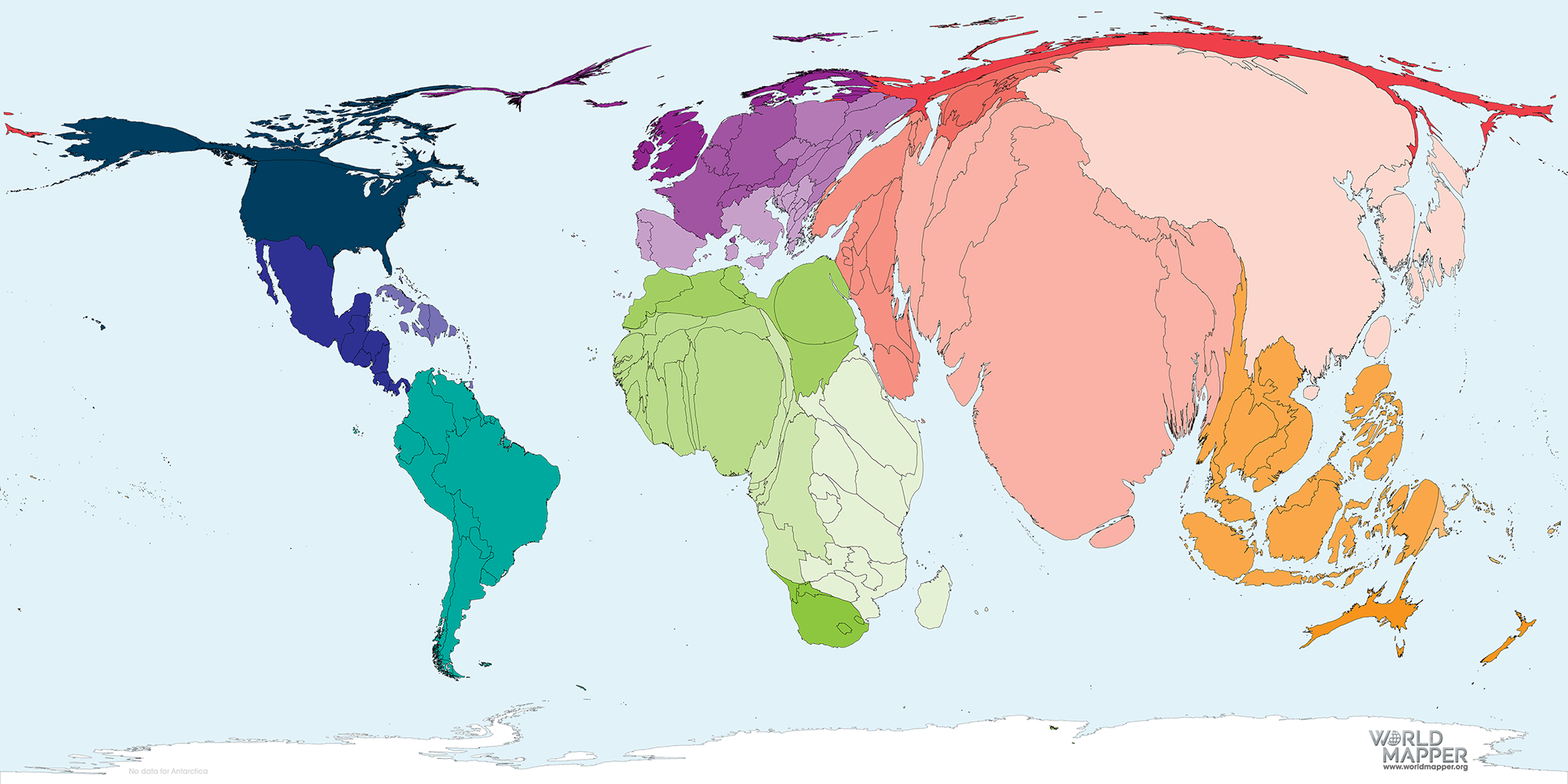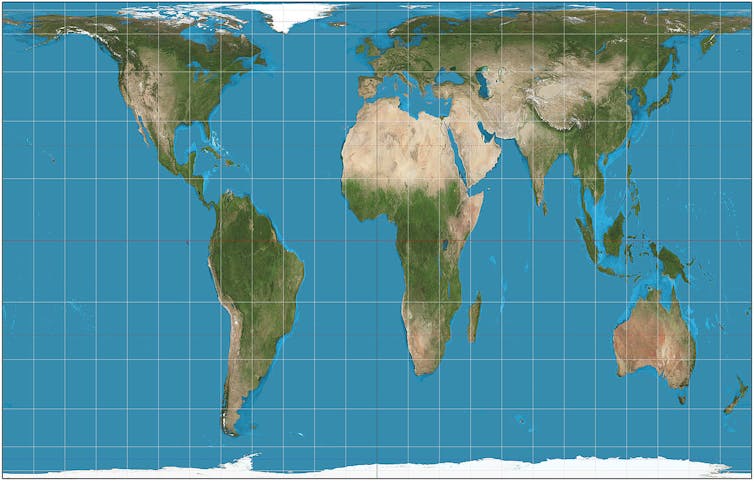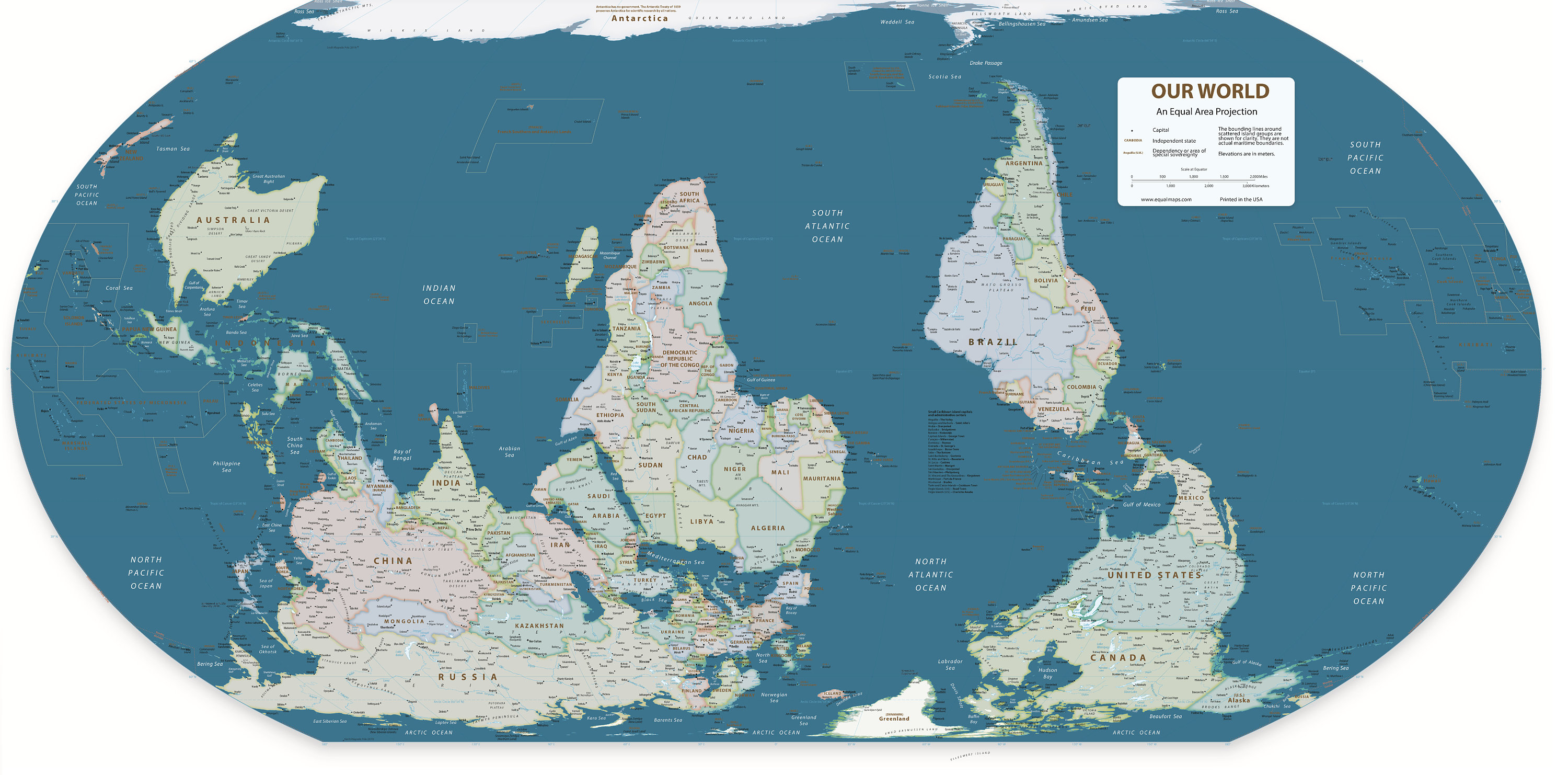Reimagining the United Nations: A 40-40-20 Vision for a Democratic World Order
The world is in crisis. As of 2025, the number of displaced persons worldwide has surpassed 120 million—the highest in recorded history. Wars rage in Ukraine, Sudan, Gaza, and Myanmar. Climate refugees flee submerged coasts and scorched farmlands. Authoritarian regimes suppress dissent with impunity. Global inequality festers. And yet, the institution meant to uphold international peace and justice—the United Nations—remains paralyzed, outdated, and structurally biased.
Is it time to dissolve the UN and start over?
This post explores a bold and controversial proposal: dissolve the United Nations and rebuild it from scratch, requiring each member state to convene a democratically elected constituent assembly within five years to gain admission. Thereafter, countries would be required to repeat this constitutional renewal every 50 years to maintain membership. The redesigned UN would operate on a 40-40-20 voting formula: 40% GDP, 40% population, and 20% equal country vote. This model aims to usher in a truly democratic, responsive, and just global order.
I. The Deficiencies of the Current UN System
1. The Veto Power Problem
At the heart of the UN’s dysfunction is the UN Security Council, where five permanent members (P5)—the U.S., China, Russia, the U.K., and France—wield veto power. This structure, a relic of World War II, gives disproportionate weight to a small group of nations and renders meaningful global consensus nearly impossible. Russia can block condemnation of its own invasions; the U.S. can block criticism of Israeli policies; China can silence mention of Uyghur repression.
2. Disempowered General Assembly
The UN General Assembly provides every nation a vote, but its resolutions are non-binding. Small countries have symbolic voice, but not material power. The imbalance between actual power and formal equality breeds cynicism and irrelevance.
3. Global Problems, Local Solutions
Most of the world’s pressing issues—climate change, pandemics, war crimes, refugee crises, corporate tax evasion—require global coordination. But the UN lacks enforcement authority, financial leverage, and institutional innovation to tackle these problems at scale.
II. Rebuilding the UN from First Principles
1. A Clean Slate
Imagine the UN dissolved and replaced by a new, democratic World Assembly, built with legitimacy and accountability at its core. Every country that wishes to be part of this new order must hold elections to a constituent assembly within five years, guaranteeing foundational participation by its people. Every 50 years, this exercise in democratic renewal would be repeated to prevent fossilized constitutions and entrenched elites.
This is not just about regime type—it’s about legitimacy. A government that has been recently affirmed by its people, through a constitutional convention or equivalent, earns its place at the global table.
2. The 40-40-20 Voting Formula
Representation in this new global body would follow a hybrid formula:
-
40% GDP Weight: Reflects a country’s economic contribution and capacity to act.
-
40% Population Weight: Ensures the global majority—the citizens—have voice.
-
20% Equal Vote: Maintains the spirit of sovereign equality.
This formula rewards both responsibility and human dignity, preventing both great-power domination and tokenistic equality.
Let’s take an example:
-
The U.S. might get 15% of the vote (high GDP, medium population).
-
India might get 12% (lower GDP, massive population).
-
Nigeria could have more weight than Belgium.
-
Small island nations still retain baseline representation.
This system aligns power with people and resources—balancing democracy, capacity, and sovereignty.
III. Democratizing Membership: The Constitutional Requirement
The idea of requiring countries to hold a constituent assembly every 50 years may seem radical—but it is a powerful mechanism to institutionalize democratic evolution.
Why every 50 years?
-
Constitutions grow outdated.
-
Power tends to concentrate.
-
Generations change.
-
Reinvigorating the social contract ensures relevance and accountability.
By linking UN membership to constitutional renewal, we catalyze internal democratization through external incentives—without military intervention or regime change campaigns.
IV. Addressing Displacement and Statelessness
The current system has failed the stateless and the displaced. There are over 10 million stateless persons with no passport, no rights, no future. Refugees linger for decades in limbo, as seen in Syria, Palestine, and South Sudan.
A new UN must guarantee:
-
Right to nationality for all
-
Global refugee rights charter enforceable through economic sanctions
-
Digital global citizenship ID system for stateless individuals
-
Binding climate relocation treaties funded by the largest emitters
V. Challenges and Criticisms
1. Who decides when a constitution is legitimate?
There must be a UN Constitutional Oversight Body composed of jurists, civic leaders, and scholars to audit the legitimacy of constituent processes.
2. Would authoritarian states boycott?
Perhaps. But economic and reputational incentives to join a powerful global body—with real voting power—might push even reluctant regimes to reform.
3. What about cultural diversity in governance?
This model does not impose Western liberal democracy—it demands deliberative legitimacy, transparency, and participation, in culturally sensitive ways.
VI. A Bold Vision for the Future
The stakes are high. Humanity faces existential threats—from climate collapse to AI disruption to nuclear war. A weak, compromised, veto-paralyzed UN cannot lead us through this era.
We need:
-
A democratic global body
-
A legitimacy-linked membership model
-
A voting system that blends power and people
-
A moral commitment to the displaced, the stateless, and the silenced
Rebuilding the UN isn’t just about changing institutions. It’s about restarting the social contract of the planet—between peoples, between generations, and between humans and the Earth.
Conclusion:
The 40-40-20 formula and the constitutional renewal mandate offer a bold but grounded framework to create a just, efficient, and inclusive global governance system. A new world is not only possible—it is necessary. The dysfunction of today must give birth to the legitimacy of tomorrow.
The world doesn’t just need a better United Nations. It needs a United Peoples of Earth—built on truth, inclusion, and democratic renewal.
Trump’s 50-Day Ultimatum to Putin: Strategic Options, Risks, and the Road Ahead
A Roadmap to Peace in Ukraine: A Neutral UN-Led Path Forward
Toward a Federated World: Rethinking Sovereignty, Representation, and Rights in the 21st Century
Timeline of Tibet's History
The Russia Ukraine Stalemate And The Way Out
Lalu Prasad Yadav: The Paradox of Indian Politics – A Railway Miracle, a Bihar Tragedy
Xi Jinping’s Power Struggles: Fact, Fiction, or Fog of Speculation?
Fewer Than 100 Companies Are Warming the Planet — And the Himalayas Are Paying the Price
From Colonial Empires to Data Empires: Understanding the Power Differential Then and Now
FDR To Reagan To AOC: The Half Century Pendulum Swings
Land Reform Is the Magic Bullet for Bihar’s Future
Reverse Surveillance: When Democracy Watches Its Watchers
What Delhi Can Learn from Beijing About Cleaning Its Air
Rethinking Migration: What the U.S. Can Learn from the World’s Best Guest Worker Programs
Open Primaries and the Future of American Democracy: A Cure for Polarization?
Ending Gerrymandering in America: Toward Fair Representation Through Federal Reform
American Politics and the Weaponization of Investigation: From Clinton to Trump
Can the UAE Be Considered a Meritocratic Governance Zone?
A New United Nations Will Cut Military Budgets—and Unlock Trillions for Humanity
The WTO Is Broken — Let’s Reform the UN and Rethink Global Trade from the Ground Up




No comments:
Post a Comment